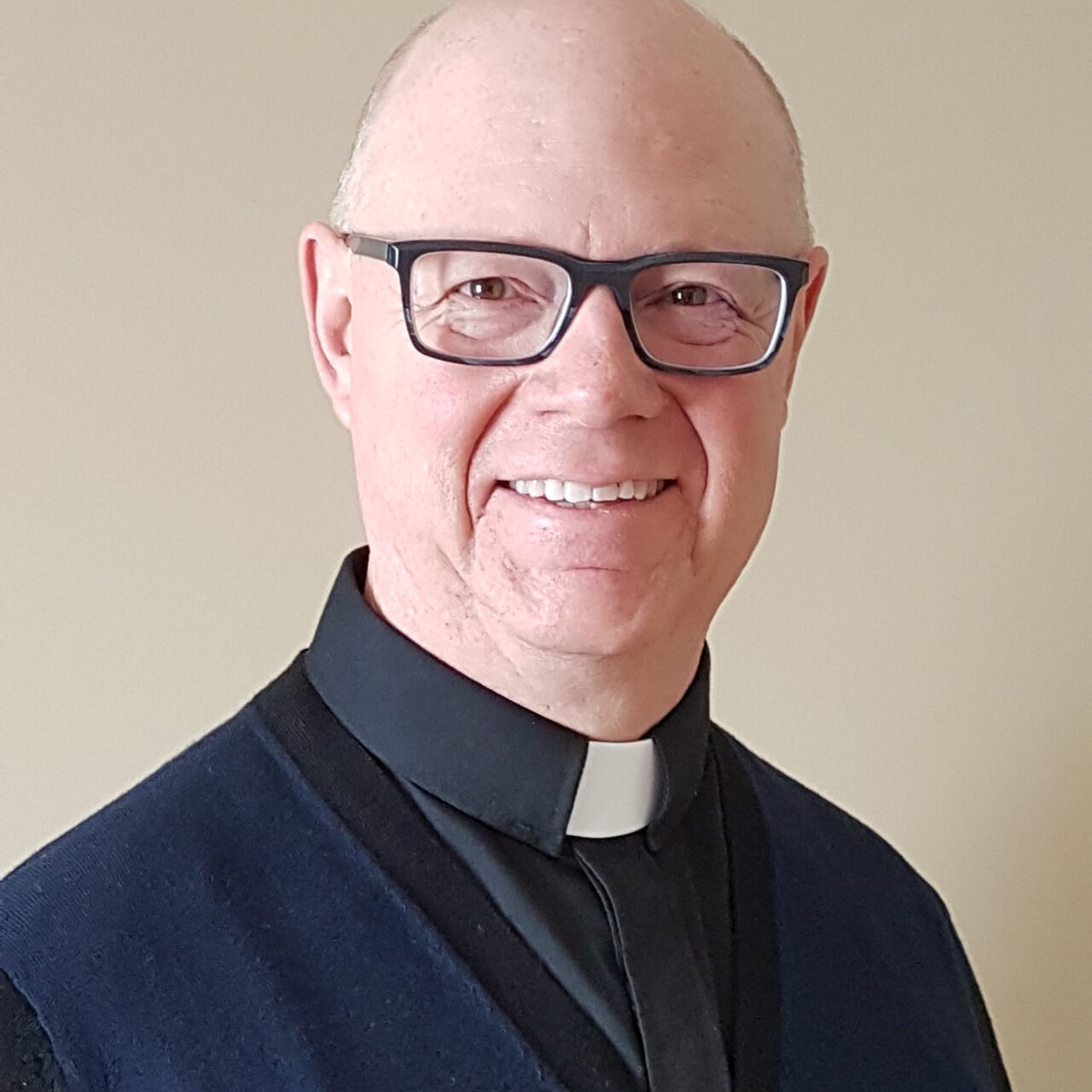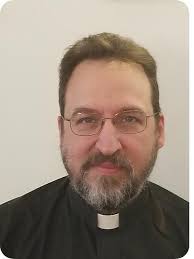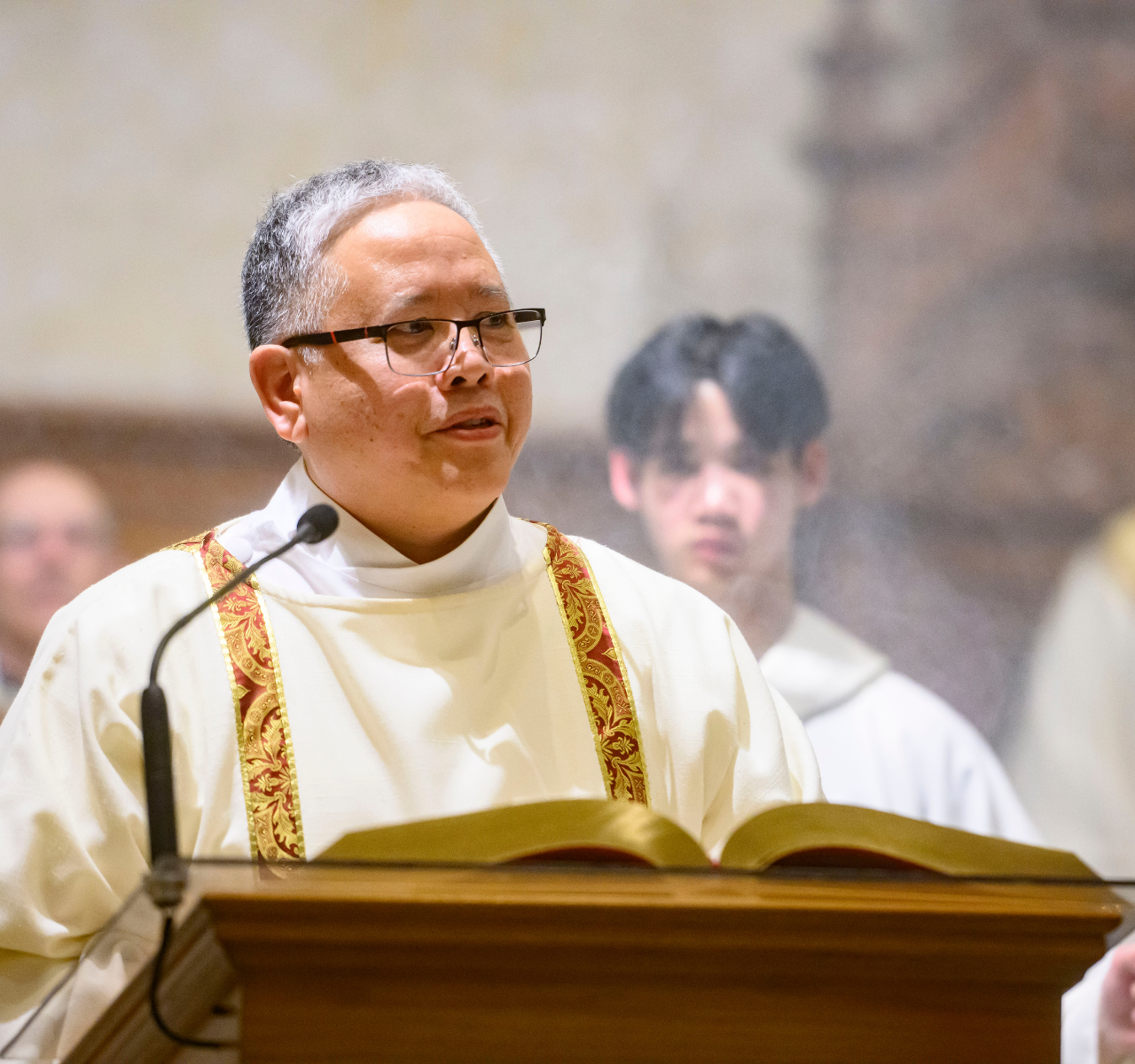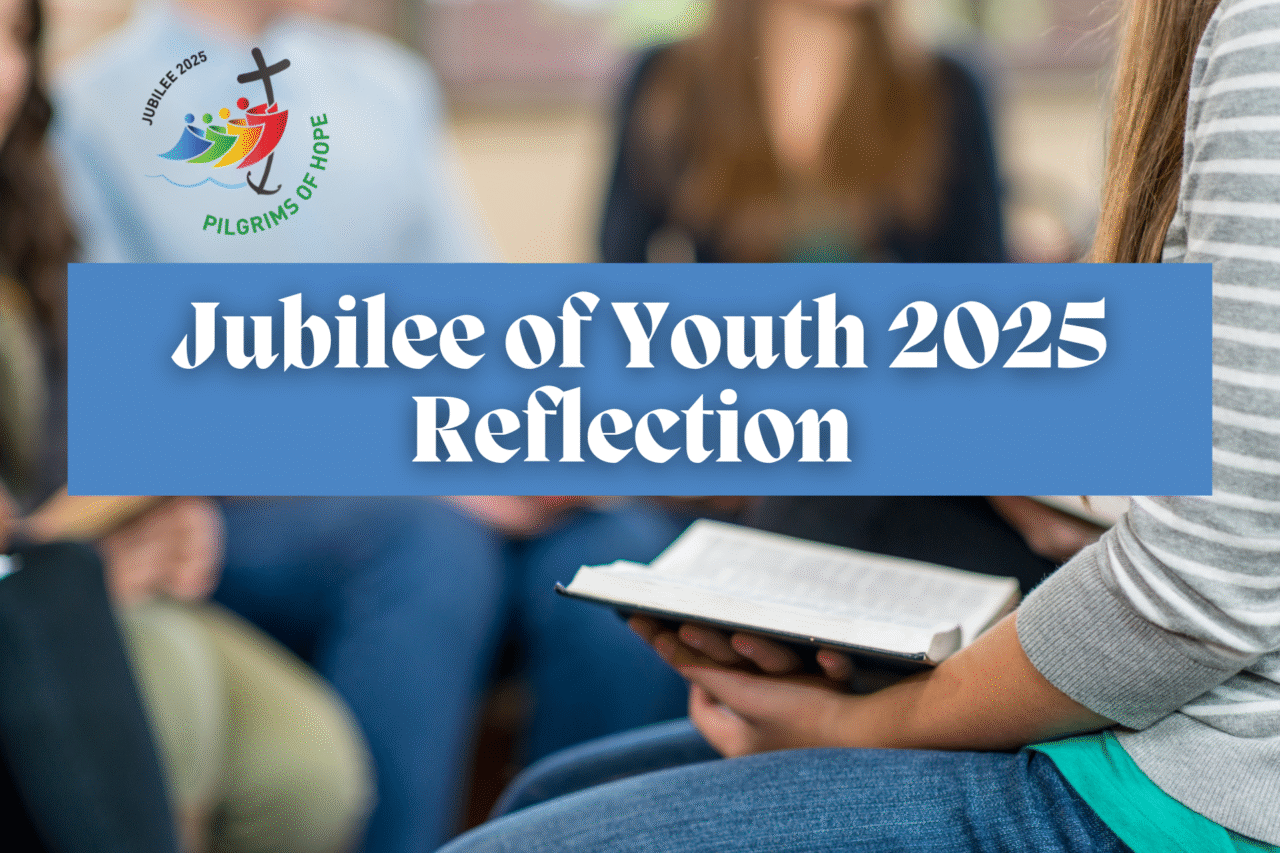I. Initial Inquiry Process
Begin discerning your call in pursuing a possible vocation to the Permanent Diaconate through prayer and an in-depth discussion with your wife (if married), family, and parish priest. Then, ask your pastor to forward your inquiry in writing, along with your name and contact information, to the Director(s) of the Permanent Diaconate Formation Program at: diaconal.formation@archwinnipeg.ca. One of the Directors will arrange a time for an initial conversation between you and your Archbishop, suggesting actions to engage in the discernment process and outline the next steps. For additional information, please get in touch with the Director(s) of the Diaconate Formation Program at diaconal.formation@archwinnipeg.ca.
II. Aspirancy – One Year
The Aspirancy is a time of guided discernment during which “you will be introduced to a deeper knowledge of the spiritual life and diaconate ministry and will engage in supervised pastoral experience among the poor and marginalized.” The Formators will help you in discerning your spiritual readiness, intellectual capacity, and pastoral abilities. (National Directory for the Ministry, Formation, and Life of Permanent Deacons in Canada)
III. Candidacy – Four Years
You, as the candidate, will engage in a time of continued growth and discernment of how Christ may be calling you to serve as a member of His Church by delving into the Permanent Diaconate’s threefold mission of service: the Ministry of Charity, the Ministry of the Word, and the Ministry of the Liturgy.
Through a combination of online studies and in-person weekend formation sessions, the four pillars of formation—Spiritual, Pastoral, Theological, and Human Dimensions—will develop and prepare you to potentially serve as a living icon of Christ the Servant.
IV. Discernment and Evaluations
The mutual discernment of your progress in formation, carried out by you and the Church, culminates in yearly assessments to determine whether you will be invited to continue your discernment process into the subsequent year of formation. Your continuation in the program and the potential final call to ordination by the Archbishop will be decided based on these yearly evaluations.
Permanent Diaconate Brochure





